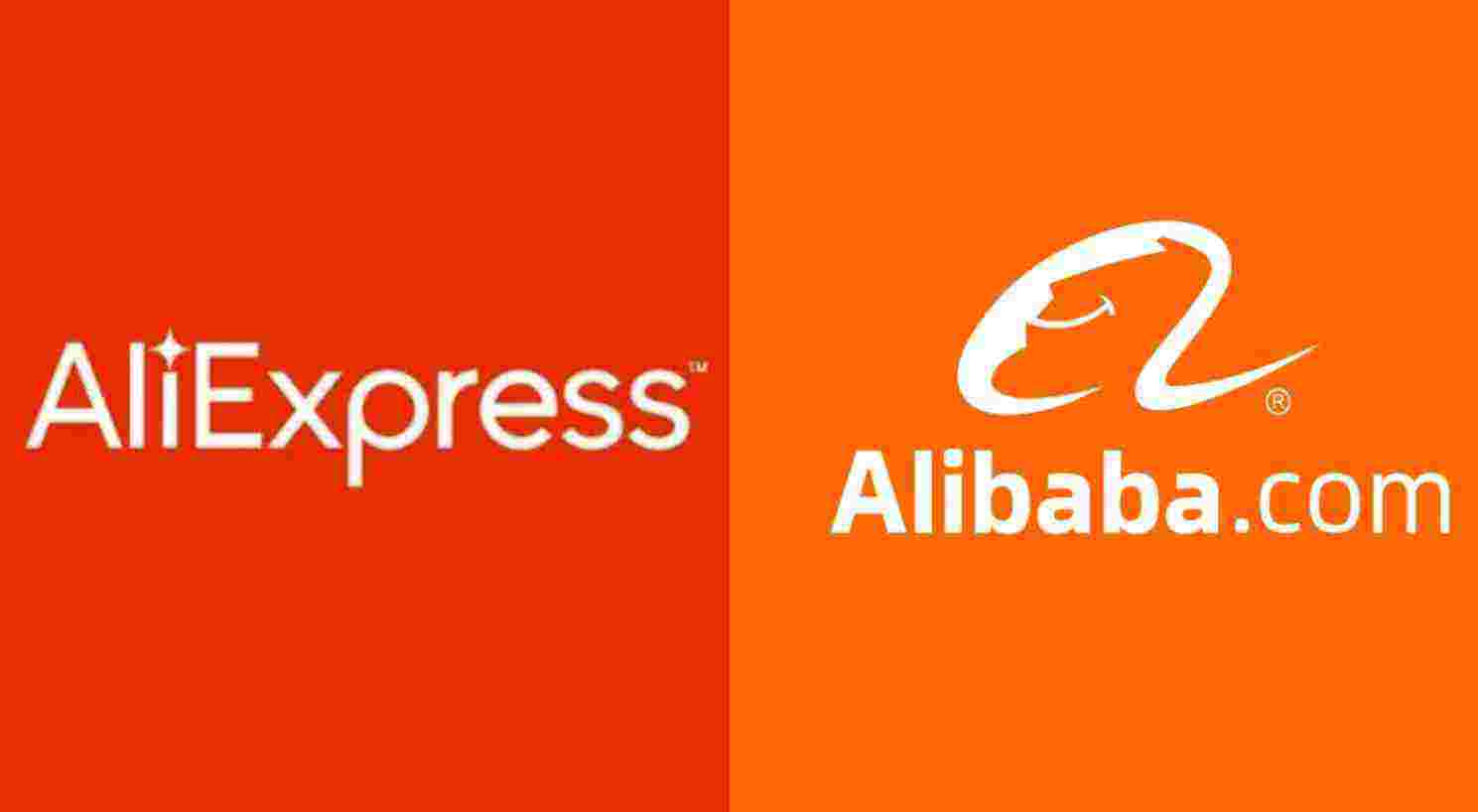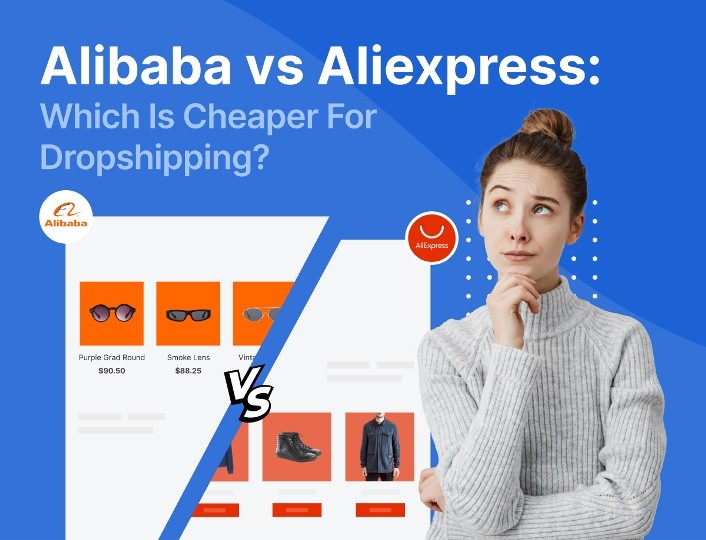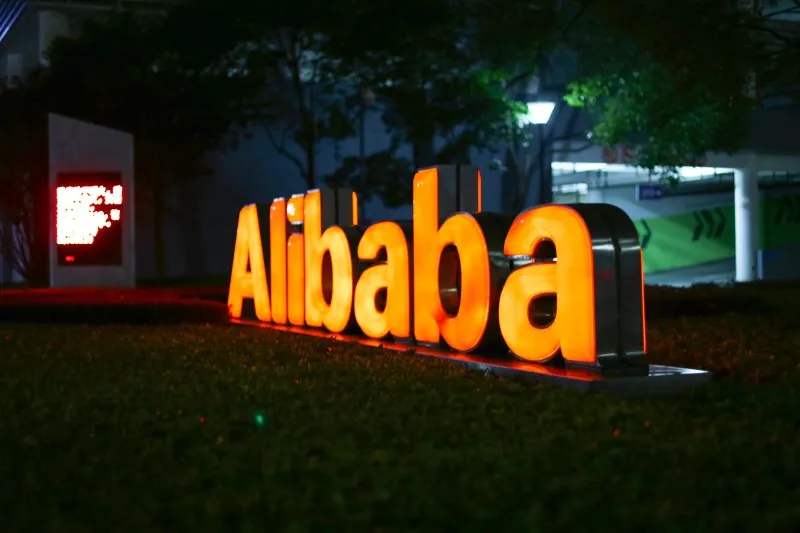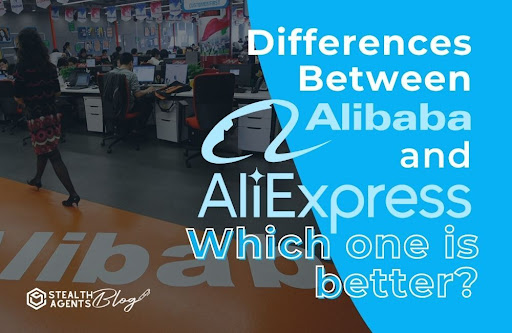Understanding the Basics: What is Alibaba?
Alibaba Group Holding Limited, commonly referred to as Alibaba, is a Chinese multinational conglomerate specializing in e-commerce, retail, and technology. Founded in 1999 by Jack Ma and a group of 17 entrepreneurs, Alibaba has grown to become one of the world’s largest and most influential companies. With a mission to “make it easy to do business anywhere,” Alibaba has revolutionized the way businesses operate and consumers shop.
Today, Alibaba is a global leader in the e-commerce industry, with a diverse range of businesses and services that cater to various markets and industries. Its ecosystem includes online marketplaces, such as Alibaba.com and Taobao Marketplace, as well as payment and financial services, like Alipay and Ant Financial. Alibaba’s innovative approach to e-commerce and technology has enabled it to expand its reach beyond China, with a presence in over 200 countries and regions worldwide.
As a multinational conglomerate, Alibaba’s business model is designed to facilitate trade and commerce between businesses and consumers. Its platforms provide a range of services, including online marketplaces, logistics and supply chain management, and payment and financial services. By leveraging its vast resources and expertise, Alibaba has created a comprehensive ecosystem that supports the growth and development of businesses and entrepreneurs.
Despite its global presence and influence, Alibaba remains committed to its core values of innovation, integrity, and customer satisfaction. As the company continues to evolve and expand its services, it remains focused on its mission to make it easy to do business anywhere. With its innovative approach to e-commerce and technology, Alibaba has established itself as a leader in the industry, and its impact will likely be felt for years to come.
As we explore the question of whether AliExpress and Alibaba are the same, it’s essential to understand the basics of Alibaba’s business model and services. By examining the company’s history, mission, and ecosystem, we can gain a deeper understanding of its role in the e-commerce industry and how it relates to AliExpress.
AliExpress: The Online Retail Service
AliExpress is a popular online retail service that allows consumers to buy products directly from Chinese manufacturers. Launched in 2010, AliExpress has become one of the largest online retail platforms in the world, offering a vast array of products at competitive prices. With a focus on business-to-consumer (B2C) transactions, AliExpress provides a unique opportunity for consumers to purchase products directly from manufacturers, cutting out intermediaries and reducing costs.
One of the key features of AliExpress is its vast product range, which includes everything from electronics and fashion to home goods and beauty products. With over 100 million products listed on the platform, consumers can find almost anything they need at affordable prices. Additionally, AliExpress offers a range of benefits, including free shipping on many products, competitive pricing, and a buyer protection program that ensures safe and secure transactions.
AliExpress differs from other e-commerce platforms in several ways. Unlike Amazon or eBay, which focus on providing a curated selection of products from established brands, AliExpress allows consumers to purchase products directly from manufacturers. This approach enables consumers to access a wider range of products at lower prices, but also requires them to be more cautious when making purchases. To mitigate this risk, AliExpress provides a range of tools and resources, including seller ratings and reviews, to help consumers make informed purchasing decisions.
Despite its popularity, AliExpress is often misunderstood as being the same as Alibaba. However, as we will explore later, AliExpress is actually a subsidiary of Alibaba, operating independently with its own business model and services. While both platforms share a common goal of facilitating trade and commerce, they differ significantly in terms of their target markets, business models, and services offered.
As we delve deeper into the world of AliExpress and Alibaba, it’s essential to understand the unique features and benefits of each platform. By examining the strengths and weaknesses of AliExpress, we can gain a better understanding of how it fits into the broader e-commerce landscape and how it differs from its parent company, Alibaba.
How to Shop on AliExpress: A Beginner’s Guide
Shopping on AliExpress can be a daunting task, especially for beginners. With millions of products to choose from, it’s easy to get overwhelmed. However, with a few simple steps, you can navigate the platform with ease and find the products you need. Here’s a step-by-step guide on how to shop on AliExpress:
Step 1: Search for Products – Use the search bar at the top of the page to find the products you’re looking for. You can search by keyword, category, or brand. Make sure to use specific keywords to get accurate results.
Step 2: Check Seller Ratings – Once you’ve found a product you’re interested in, check the seller’s ratings and reviews. Look for sellers with high ratings (above 4.5) and a large number of reviews. This will give you an idea of the seller’s reliability and product quality.
Step 3: Read Product Descriptions – Carefully read the product description to ensure you’re getting what you want. Check the product specifications, material, and size to avoid any misunderstandings.
Step 4: Understand Shipping Options – AliExpress offers various shipping options, including free shipping, expedited shipping, and standard shipping. Make sure to understand the shipping options and estimated delivery times before making a purchase.
Step 5: Make a Purchase – Once you’ve found the product you want and understood the shipping options, make a purchase by clicking the “Buy Now” button. You’ll be redirected to a payment page where you can enter your payment details.
Step 6: Track Your Order – After making a purchase, track your order by logging into your AliExpress account. You can check the order status, shipping details, and estimated delivery time.
By following these simple steps, you can shop on AliExpress with confidence. Remember to always check seller ratings, read product descriptions carefully, and understand shipping options before making a purchase. With a little practice, you’ll become a pro at shopping on AliExpress in no time.
As we explore the world of AliExpress and Alibaba, it’s essential to understand how to navigate these platforms effectively. By learning how to shop on AliExpress, you can unlock a world of opportunities for your business or personal needs. Whether you’re looking for products to resell or simply want to find great deals, AliExpress is an excellent platform to explore.
Alibaba’s Business Model: How it Differs from AliExpress
Alibaba’s business model is centered around business-to-business (B2B) transactions, wholesale trade, and supply chain management. The company’s primary focus is on connecting suppliers with businesses, providing a platform for them to buy and sell goods in bulk. This approach differs significantly from AliExpress’s business-to-consumer (B2C) model, which focuses on connecting suppliers directly with individual consumers.
Alibaba’s B2B model is designed to facilitate large-scale transactions between businesses, providing a range of services to support this process. These services include supplier verification, payment protection, and logistics management. By providing these services, Alibaba aims to create a trusted and efficient platform for businesses to conduct trade.
In contrast, AliExpress is focused on providing a platform for individual consumers to buy products directly from suppliers. This approach allows consumers to access a wide range of products at competitive prices, but it also requires a different set of services and support. AliExpress provides services such as buyer protection, shipping management, and customer support to ensure a smooth and secure shopping experience for consumers.
Another key difference between Alibaba and AliExpress is their target markets. Alibaba is primarily focused on serving businesses, while AliExpress is focused on serving individual consumers. This difference in target markets requires different approaches to marketing, sales, and customer support.
Despite these differences, both Alibaba and AliExpress share a common goal of facilitating trade and commerce. However, their different business models and target markets require distinct approaches to achieving this goal. By understanding these differences, businesses and consumers can better navigate these platforms and achieve their goals.
As we explore the differences between Alibaba and AliExpress, it’s essential to recognize that these platforms are not interchangeable. While they share a common parent company, they operate independently and serve different markets. By understanding these differences, we can better appreciate the unique value proposition of each platform and make informed decisions about how to use them.
Key Similarities and Differences: AliExpress vs Alibaba
While AliExpress and Alibaba are two distinct platforms, they share some similarities. Both platforms are owned by the same parent company, Alibaba Group, and both focus on facilitating trade and commerce between buyers and sellers. However, there are also some key differences between the two platforms.
One of the main similarities between AliExpress and Alibaba is their focus on connecting buyers with suppliers from China. Both platforms provide a range of services to support this process, including supplier verification, payment protection, and logistics management.
However, there are also some significant differences between the two platforms. AliExpress is primarily focused on business-to-consumer (B2C) transactions, while Alibaba is focused on business-to-business (B2B) transactions. This means that AliExpress is geared towards individual consumers, while Alibaba is geared towards businesses.
Another key difference between the two platforms is their product offerings. AliExpress offers a wide range of consumer goods, including electronics, fashion, and home goods. Alibaba, on the other hand, offers a broader range of products, including industrial equipment, machinery, and raw materials.
In terms of target markets, AliExpress is primarily focused on serving individual consumers in countries around the world. Alibaba, on the other hand, is focused on serving businesses in countries around the world.
Despite these differences, both AliExpress and Alibaba share a common goal of facilitating trade and commerce between buyers and sellers. By understanding the similarities and differences between these two platforms, businesses and consumers can make informed decisions about which platform to use for their needs.
As we explore the similarities and differences between AliExpress and Alibaba, it’s essential to recognize that these platforms are not interchangeable. While they share some similarities, they have distinct differences in terms of their business models, target markets, and product offerings.
Why AliExpress is Not the Same as Alibaba
While AliExpress and Alibaba are related, they are not the same. AliExpress is a subsidiary of Alibaba, but it operates independently and has its own distinct business model. One of the main reasons why AliExpress is not the same as Alibaba is their different business models. Alibaba is focused on business-to-business (B2B) transactions, wholesale trade, and supply chain management, while AliExpress is focused on business-to-consumer (B2C) transactions.
Another reason why AliExpress is not the same as Alibaba is their different target markets. Alibaba is primarily focused on serving businesses, while AliExpress is focused on serving individual consumers. This means that AliExpress is geared towards providing a wide range of consumer goods, while Alibaba is geared towards providing industrial equipment, machinery, and raw materials.
Additionally, AliExpress and Alibaba have different services and features. AliExpress provides services such as buyer protection, shipping management, and customer support, while Alibaba provides services such as supplier verification, payment protection, and logistics management.
Despite these differences, AliExpress is still a subsidiary of Alibaba and operates under the same parent company. However, this does not mean that they are the same. AliExpress has its own independent management team, operations, and strategy, which allows it to operate independently of Alibaba.
For example, AliExpress has its own separate website, mobile app, and customer support team, which allows it to provide a unique and personalized experience for its customers. Additionally, AliExpress has its own separate payment system, which allows customers to pay for their purchases securely and easily.
In conclusion, while AliExpress and Alibaba are related, they are not the same. AliExpress is a subsidiary of Alibaba, but it operates independently and has its own distinct business model, target market, and services. By understanding these differences, businesses and consumers can make informed decisions about which platform to use for their needs.
How to Leverage Both AliExpress and Alibaba for Your Business
As we’ve discussed, AliExpress and Alibaba are two distinct platforms that offer different benefits and services. By understanding the strengths and weaknesses of each platform, businesses can leverage both AliExpress and Alibaba to their advantage.
One way to leverage AliExpress is to use it for sourcing products. AliExpress offers a wide range of consumer goods at competitive prices, making it an ideal platform for businesses looking to source products for resale. Additionally, AliExpress provides a range of services, including buyer protection and shipping management, which can help businesses streamline their sourcing process.
On the other hand, Alibaba is ideal for finding suppliers and managing logistics. Alibaba’s business-to-business (B2B) model allows businesses to connect with suppliers from around the world, making it easier to find the products and services they need. Additionally, Alibaba’s logistics management services can help businesses streamline their supply chain and reduce costs.
By using both AliExpress and Alibaba, businesses can create a comprehensive sourcing and logistics strategy that meets their needs. For example, a business could use AliExpress to source consumer goods for resale, while using Alibaba to find suppliers and manage logistics for their manufacturing process.
Another way to leverage both platforms is to use them for market research. Both AliExpress and Alibaba provide valuable insights into consumer trends and market demand, which can help businesses make informed decisions about their products and services.
Finally, businesses can use both AliExpress and Alibaba to expand their global reach. Both platforms offer a range of services and tools that can help businesses connect with customers and suppliers from around the world, making it easier to expand their business globally.
By leveraging both AliExpress and Alibaba, businesses can create a comprehensive e-commerce strategy that meets their needs and helps them achieve their goals. Whether you’re looking to source products, find suppliers, or expand your global reach, both AliExpress and Alibaba offer a range of services and tools that can help.
Conclusion: Unraveling the Mystery of AliExpress and Alibaba
In conclusion, while AliExpress and Alibaba are related, they are not the same. AliExpress is a popular online retail service that allows consumers to buy products directly from Chinese manufacturers, while Alibaba is a Chinese multinational conglomerate specializing in e-commerce, retail, and technology.
Throughout this article, we’ve explored the differences between AliExpress and Alibaba, including their business models, target markets, and services offered. We’ve also discussed how businesses can leverage both platforms to their advantage, using AliExpress for sourcing products and Alibaba for finding suppliers and managing logistics.
By understanding the similarities and differences between AliExpress and Alibaba, businesses can make informed decisions about which platform to use for their needs. Whether you’re looking to source products, find suppliers, or expand your global reach, both AliExpress and Alibaba offer a range of services and tools that can help.
So, is AliExpress and Alibaba the same? The answer is no. While they are related, they are two distinct platforms with different business models, target markets, and services offered. By understanding these differences, businesses can unlock the full potential of both platforms and achieve their goals.
We encourage readers to explore both AliExpress and Alibaba to find the best solutions for their business needs. With their combined resources and expertise, businesses can succeed in the global market and achieve their goals.







